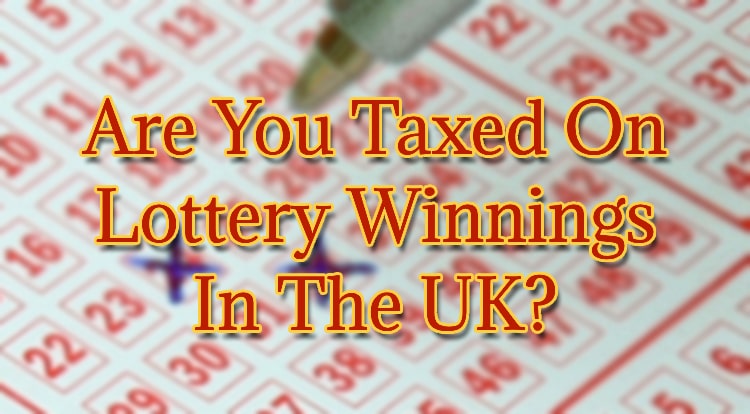
Welcome to our latest blog post on UK Online Slots, where we delve into a question many ponder: Do lottery winners get taxed on their prize money?
In this enlightening piece, we'll unravel the tax implications of lottery winnings, discussing not just the winnings themselves but also any additional elements that might attract the taxman's attention. Additionally, we'll shed light on the reasons behind the lottery's tax-free status, ensuring you have a clear understanding of the financial landscape of lottery winnings.
Are You Taxed On Lottery Winnings?
The answer to this question is crystal clear: lottery winnings are tax-free. Yes, you read that right. Whatever amount you may win, you get to keep every single penny of it. However, this isn't the whole story. While the winnings themselves don't attract taxes, there are other related aspects that might.
In the sections that follow, we'll dive into several scenarios where taxes could become a factor for lottery winners. From investment earnings to gifts, we'll uncover the tax obligations that could impact your windfall, ensuring you're well-informed and prepared.
Income Tax
If you put your lottery winnings into a savings account, then the money itself remains untaxed. However, the interest it generates can be subject to income tax. This means only the additional money earned from the interest on your winnings is taxed, not the initial amount you won. It's an important distinction that is useful to be aware of.
Inheritance Tax
Should the unexpected happen and you pass away, the lottery winnings you leave behind for your next of kin could be subject to inheritance tax. This tax is applied to the wealth you transfer after your death. While your win was tax-free in your hands, once it becomes part of your estate and exceeds certain thresholds, it may not be entirely tax-free for your heirs.
The £3000 Allowance
In the UK, generosity has its perks. Every year, you can gift up to £3,000 without any tax implications. This means if you decide to share your lottery winnings each year you can give away this amount to anyone without it being taxed. It's a wonderful way to spread your joy without worrying about tax deductions. This allowance is helpful to know about if you plan on managing and sharing your newfound wealth with others.
Smaller Gifts
You're free to give as many smaller gifts as you'd like, and as long as the total doesn't surpass the £3,000 annual limit, these gifts remain tax-free. This flexibility allows you to celebrate your win by spreading the wealth among friends and family without the worry of tax implications.
Wedding Gifts
You can also give wedding gifts that fall under different classifications. You can give up to £1,000 per person in the extended family, such as uncles, aunts, cousins, nieces, and so on. You can give up to £2,500 to any grandchildren or great-grandchildren. Finally, you can give up to £5,000 to any children.
Why Is The Lottery Tax Free?
In the UK, lottery winnings stand out as a pleasant exception in the world of income, as they are not taxed. This policy stems from the principle that the lottery is a form of gambling, where the money collected from sales of lottery tickets is already taxed at the source. Essentially, the government collects its share through duties imposed on the ticket sales themselves rather than taxing the winners. This approach simplifies the process, ensuring winners can enjoy their prizes without the hassle of tax deductions.
Additionally, this policy can lead to increased participation in the lottery, as the prospect of a tax-free windfall is significantly more appealing. It's a win-win situation: the government generates revenue through ticket sales, while winners enjoy their full prizes, contributing to the lottery's popularity and success.
However, it's important to note that the chances of winning the lottery are particularly slim. So, please gamble responsibly and manage expectations.
